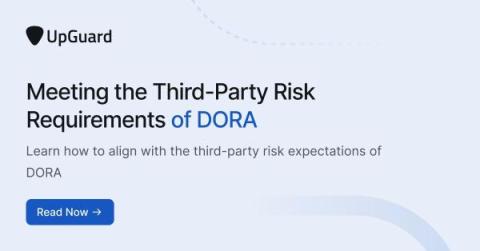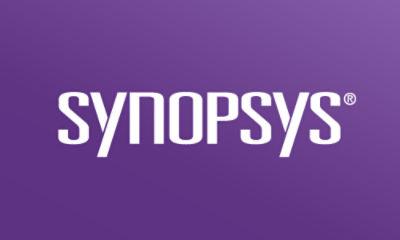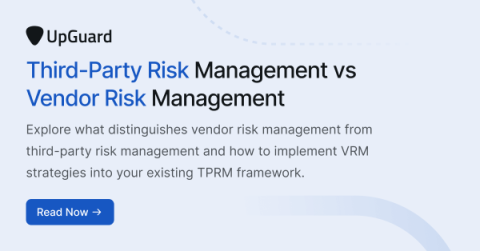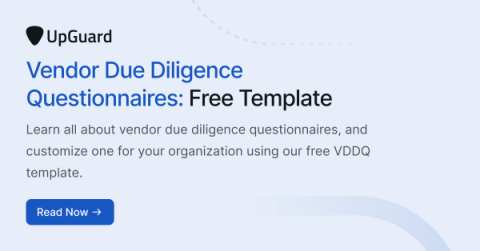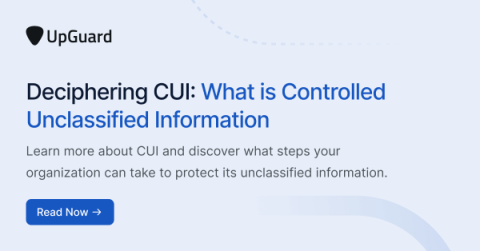Meeting Third-Party Risk Requirements of DORA in 2024
The deadline for achieving complaince with the Digital Operational Resilience Act (DORA) will be here before you know it, with enforcement beginning in January 2025. With Third-Party Risk Management being the central focus of the EU regulation, it’s imperative to cater your TPRM program to the DORA regulation to achieve sustainable compliance. In this post, we outline the DORA requirements related to third-party risk management and explain how to comply with them.


